Muom muom, also known as "flying shrimp", a rustic dish has now become a specialty priced at nearly a million VND per kilogram, loved by many people in Hanoi and Ho Chi Minh City.
Ms. Hoa, in Go Vap District, Ho Chi Minh City, said that when she was a child in the countryside, her mother always brought a bag of muom muom when she came back from harvesting. When grilled, they had a fragrant smell and a rich, fatty taste. "Now that I'm grown up and living in Ho Chi Minh City, I'm still willing to spend 400,000 VND to buy half a kilo for the whole family to enjoy the old taste again," she said.
On online markets, this type is sold for 500,000-700,000 VND per kilogram depending on the type. In particular, young spoons cost up to 850,000 VND per kilogram, up 35% compared to last year and double in 2022.

Nam Anh, a muom muom seller in Ho Chi Minh City, said this type of muom is very rare, so the price is high. Each month, she can only import 6-7 kg twice, not enough for customers who have ordered in advance. Recently, storms and floods in the North have reduced the supply even more, causing the price to increase.
Specializing in this insect business in Hanoi, Ms. Hoai said that live spoonbills sometimes cost up to 900,000 VND per kilogram due to shortage, 100,000-200,000 VND more expensive than frozen ones.
In Muong Lat (Thanh Hoa), Ms. Do Thi Nga, a collector of spoons, said she sells 10-20 kg of fresh spoons every day. "I only distribute to the North, the wholesale price is about 400,000 VND per kg excluding shipping costs," she said.
According to Ms. Nga, green spoonbills are only available from August to September. People catch them at night, using lights to lure them. After catching them, they are processed and vacuum-packed. The use of many pesticides has made spoonbills increasingly rare.

Talk to VnExpress , Professor Dr. Bui Cong Hien, Vietnam Entomological Association, said that in Vietnam there are two species of locusts, including the green (Euconocephalus incertus) and the brown (Euconocephalus broughtoni). To date, there have been no reports of locusts causing damage to crops, only migratory locusts. However, both species belong to the Orthoptera order.
Spoons have long been exploited as food in Vietnam. In Mu Cang Chai, they are also called "flying shrimp" and are promoted as a specialty.
However, Professor Hien warned that if overexploited, the species could decline or face extinction. He suggested raising the species on farms, which would help control food sources and limit the risk of poisoning from poisonous plants that the species could eat in the wild.
He also warned that eating wild insects, including spoonbills, could pose a risk of poisoning. This could be due to insects eating toxic leaves, or being infected with fungi or bacteria. The trade in wild-caught insects also lacks food safety controls.
Source





![[Photo] Visiting Cu Chi Tunnels - a heroic underground feat](https://vstatic.vietnam.vn/vietnam/resource/IMAGE/2025/4/8/06cb489403514b878768dd7262daba0b)






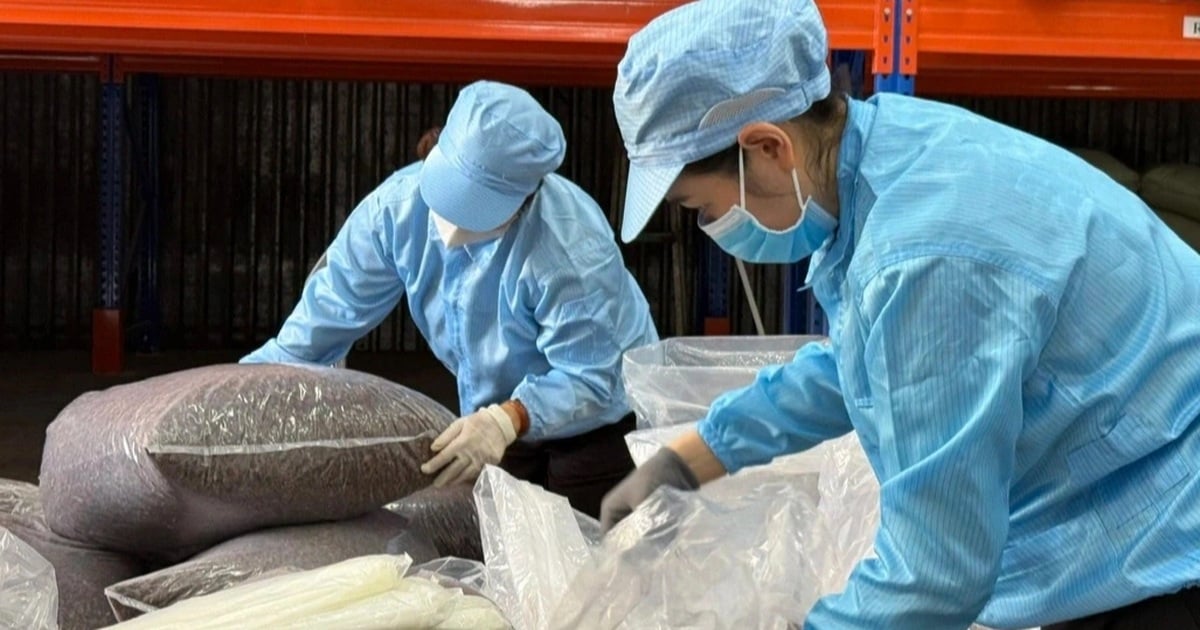

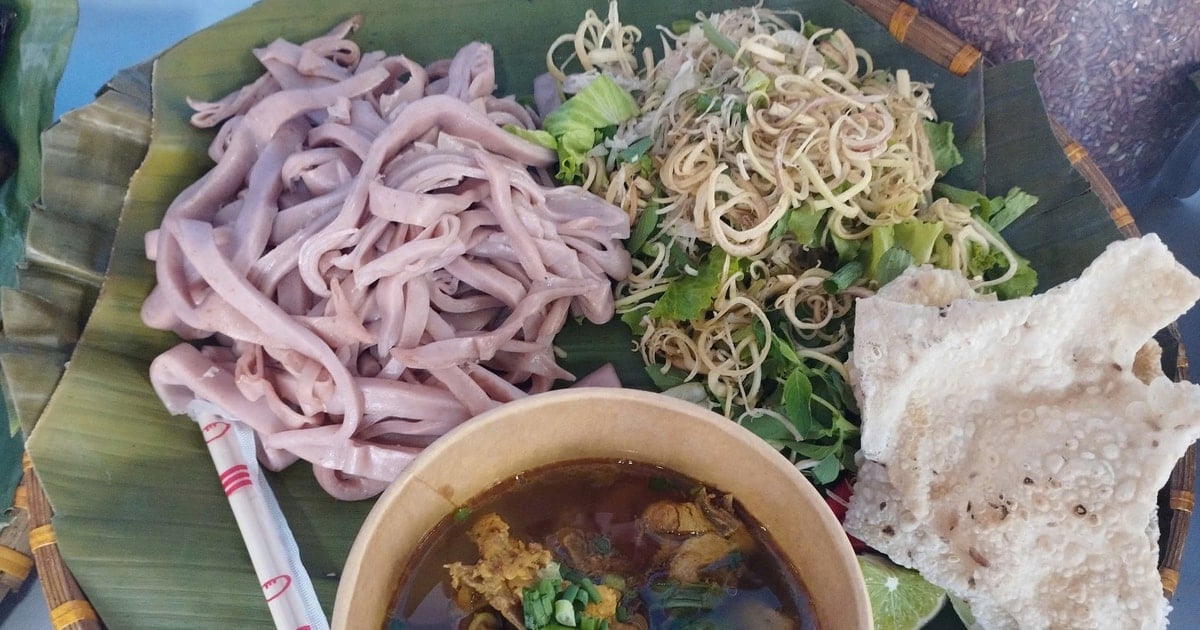

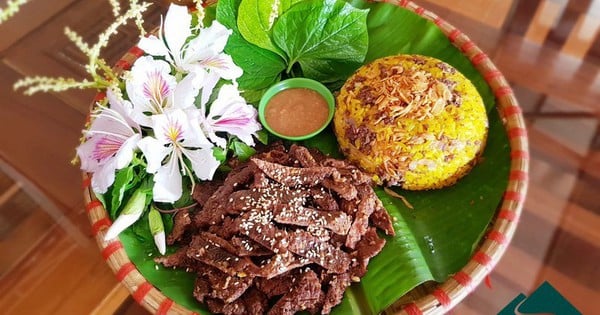





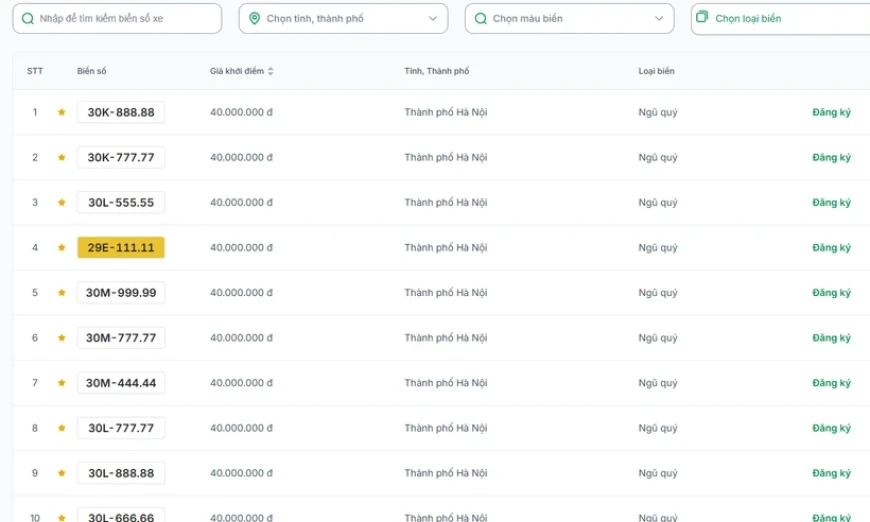




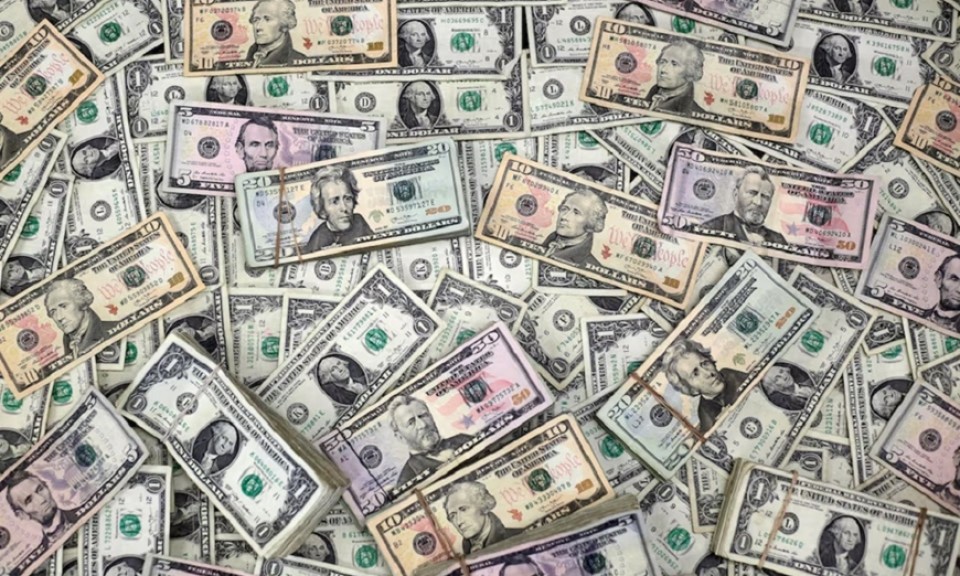


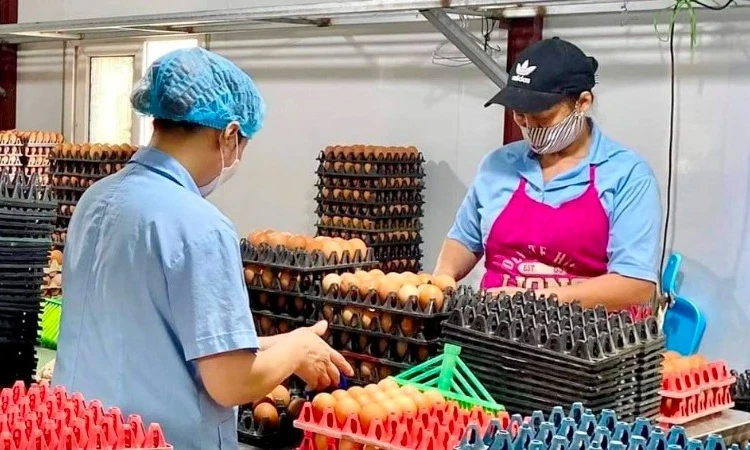









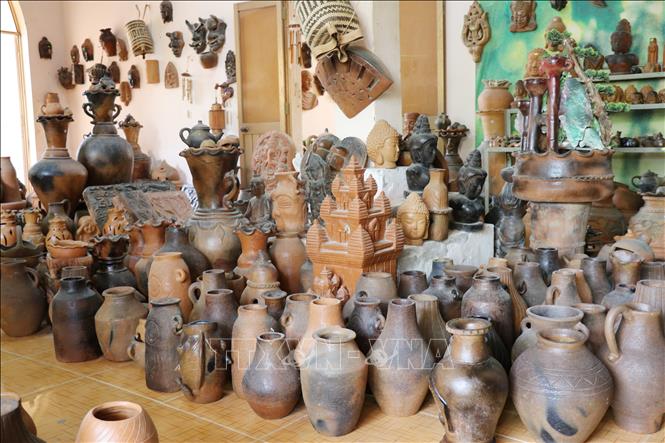











































Comment (0)